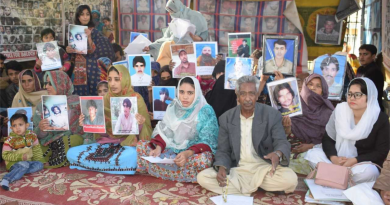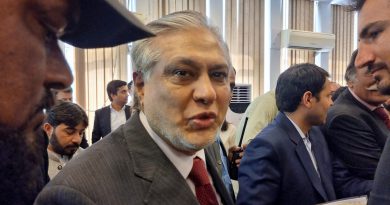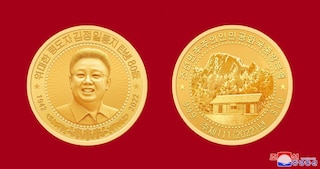Reasons why Tamil Nadu plans to ban TikTok
By Kanishk Singh
According to Tamil Nadu IT minister M Manigandan, the state government will initiate a dialogue with the Centre on banning TikTok. The state will take the step “in view of its application to circulate extreme content, particularly among a younger demographic of netizens”.
TikTok is a Chinese social video app that allows users to create short videos which can be synced with an existing sound byte – often a song, or a movie dialogue. It was also one of the most downloaded apps of 2018 on both Android and Apple devices.
“I raised an issue forwarded to me by community welfare workers that the mobile application (TikTok) was acting as a platform for heated debates inimical to law and order, and sharing of sexually-explicit material. The minister supported my charge and promised to take steps to ban the application in Tamil Nadu,” Tamil Nadu lawmaker Thamimun Ansari, who initiated the debate in the state assembly, told Economic Times.
Here are Five reasons why we’re rooting for the app to be regulated:
1. Predators encourage children to have sex
Children’s charity Barnardo, based out of UK, warned how children—as young as eight—risk being sexually exploited on TikTok. Predators reportedly use TikTok’s comments function to encourage children to engage in sexual activity online. As the app is easily accessible, around half of the app’s user base is aged between 13-24. According to a 2018 study by National Society for the Prevention of Cruelty to Children (NSPCC), it only takes 45 minutes for children to be groomed online, due to the popularity of ‘sexting’.
2. Rise in hate crime and hate speech
Though the app says it’s trying to moderate the creation of videos featuring hate speech online, its 200-million strong base in India is proving to be a hindrance. In 2018, Indonesia also banned the video app after a rise in hate speech and hoax stories. According to Download, the app also tolerates the use of hashtags that promote Nazi slogans, violent neo-Nazi groups and anti-semitic remarks, as well as encouraged physical and sexual violence against women.
3. It affects the music industry and artists
A significant number of videos on TikTok show people lip-syncing to snippets of songs. According to a study on Music Reports, the app has over 150 million songs from 100,000 different artists. However, with TikTok not showing total views of videos, the royalty-holders issue a blanket licence—also known as a buyout—and take payment up front, thus affecting the earnings of artists.
4. TikTok is rife with misinformation and propaganda
An HT investigation on ByteDance, the parent company of TikTok, revealed that regional social media platforms with a user base exceeding 50 million are rife with misinformation and political propaganda. The report found out that conversation on current affairs was polarised and often married fake news posts on politics with cinema and cricket.
5. A pseudo-pornographic platform
According to Motherboard, a community of users on TikTok appear to be soliciting explicit images of boys and girls. Though TikTok calls such activity “abhorrent” and encourages users to report such profiles, they have little to no control over hashtags that are not associated with any content. One such tag is ‘#tradefortrade’ which are focused primarily on trading nude images, as well as audios of people masturbating and videos of men stroking themselves.
PUBG also recently faced the flak of state governments in India for spreading violence. The gaming app was banned by the Gujarat state government in primary schools. The Bombay High Court also restricted its use in colleges, asking them to create a firewall so that the game can’t be accessed through their servers.
Article first appeared in Inuth.com



